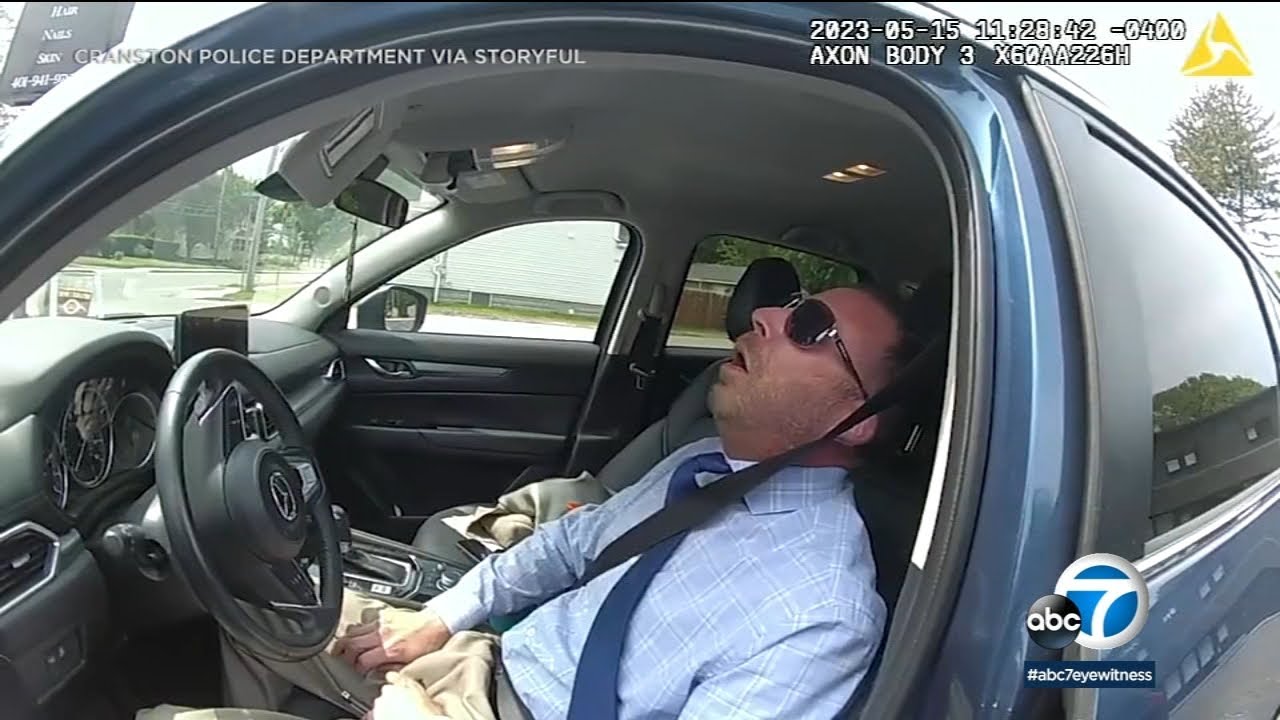Rhode Island’s Property Laws: An Overview
Rhode Island, a state known for its rich history and vibrant culture, has a comprehensive legal framework in place to safeguard the property rights of its residents. Understanding these laws and how they apply in the context of arrests is crucial. This article aims to shed light on the myth that Rhode Island keeps your property when you are arrested and provide insight into the state’s property seizure regulations.
Understanding Property Seizure in Rhode Island
While it is true that law enforcement agencies have the authority to seize property during the course of an arrest, Rhode Island’s laws prioritize protecting the rights of property owners. Property seizure typically occurs when it is believed to have a connection to criminal activity. However, this does not mean that the state will automatically retain ownership of the property.
Constitutional Rights and Property Protection
The Fourth and Fourteenth Amendments of the United States Constitution provide important protections against unreasonable searches and seizures. Similarly, the Rhode Island Constitution guarantees its residents the right to be secure in their persons, houses, papers, and possessions. These constitutional rights form the foundation for the legal framework that governs property seizure in Rhode Island.
Debunking the Myth: Rhode Island’s Property Confiscation
Contrary to popular belief, Rhode Island does not keep your property when you are arrested. The state recognizes the importance of property rights and ensures that due process is followed. Property can only be confiscated if it is proven to be connected to criminal activity and is subject to asset forfeiture laws.
Rhode Island’s Asset Forfeiture Laws Explained
Rhode Island’s asset forfeiture laws are designed to combat organized crime, drug trafficking, and other serious offenses. These laws empower law enforcement agencies to seize property that is associated with illegal activities. However, the process for property confiscation is intricate and requires adherence to legal procedures.
Due Process: Safeguarding Property Rights in Arrests
Due process is a fundamental principle that serves as a safeguard against arbitrary government actions. In the context of property seizures, due process ensures that property owners have an opportunity to contest the confiscation and prove their innocence. This includes the right to be heard in court and the presumption of innocence until proven guilty.
The Role of Law Enforcement in Property Seizures
Law enforcement agencies play a crucial role in property seizures. When they suspect that property is connected to criminal activity, they may initiate the process of confiscation. However, it is important to note that law enforcement agencies must follow strict guidelines and obtain proper judicial authorization before seizing property.
Legal Protections for Property Owners in Rhode Island
Rhode Island has implemented several legal protections to safeguard property owners’ rights. For instance, property owners must be provided with a notice of seizure, which outlines the reasons for confiscation. They also have the right to seek legal representation and challenge the seizure in court.
Reclaiming Your Property: Procedures and Timelines
If your property is seized in Rhode Island, there are procedures in place to ensure its return if you can demonstrate its lawful ownership. Property owners generally have a limited timeframe to file a claim for the return of their property. It is important to follow the established procedures and provide the necessary evidence to support your claim.
Exceptions to Property Return: Drug Crimes and More
While Rhode Island recognizes the importance of property rights, there are exceptions to the return of property. In cases involving drug crimes, for example, the state can petition the court for permanent forfeiture of the seized property. However, such exceptions are subject to judicial review and must be supported by evidence.
Transparency and Accountability in Property Confiscation
Rhode Island emphasizes transparency and accountability in property confiscation cases. Law enforcement agencies are required to maintain detailed records of seized property, including its location, condition, and value. This transparency allows property owners to track their seized property and ensure that it is properly accounted for.
Seeking Legal Guidance: Protecting Your Property Rights
If you find yourself in a situation where your property has been seized during an arrest, seeking legal guidance is crucial. An experienced attorney can help you understand your rights, navigate the legal process, and advocate on your behalf. By working with a knowledgeable professional, you can increase your chances of reclaiming your property and protecting your rights.
In conclusion, Rhode Island’s property laws prioritize the protection of property rights even during arrests. Debunking the myth that Rhode Island keeps your property when you are arrested, it is clear that the state has established legal procedures and safeguards to ensure due process and property owner protections are upheld. It is essential for individuals to be aware of their rights and seek legal guidance if they find themselves in a situation involving property seizure.





